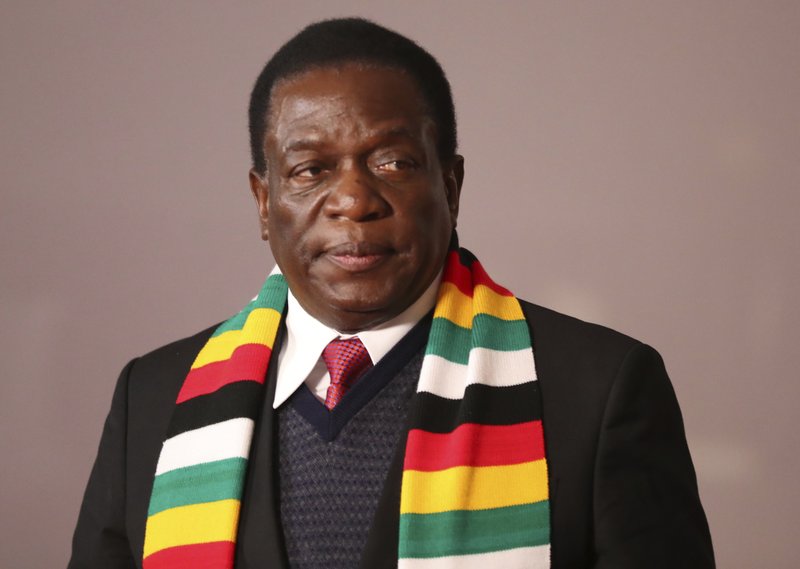
MELODY CHIKONO THE ZIMBABWEAN economy will continue to underperform if the government does not deal decisively with re-engagement, debt restructuring and access to international markets, economic experts have warned.
Discussions by top economists and business executives at an event themed “The Big Debate” hosted by the Zimbabwe Independent that took place in the capital recently, indicated that the re-engagement process was not yielding positive results, especially as the world slides into a new cold war between Russia and the West.
On the debate to either de-dollarise or re-dollarise, renowned economist Tony Hawkins said the government has failed to ensure sound economic fundamentals.
He argued: “The country will continue to underperform economically without international re-engagements, debt restructuring and access to international capital markets.
“The re-engagement looks more distant than ever, especially as the world slides into a new cold war and Zimbabwe is certainly on the wrong side of history. I know some may not agree with me. Government is not making progress because of the tough global climate and even in rankings, Zimbabwe is always at the bottom”.
With inflation topping 131,7%, Hawkins said this was bad for investment.
The country’s re-engagement efforts have hit a wall in recent years. Since 2017, when President Emmerson Mnangagwa took office through a military coup that toppled former president Robert Mugabe, he has been looking at mending relations with the West but in vain.
Zimbabwe has been isolated from the United Kingdom, the European Union and the United States following the violent land grabs in 2000 by war veterans that left a trail of destruction. Several white farmers were killed, while many others were injured during the clashes.
- Chamisa under fire over US$120K donation
- Mavhunga puts DeMbare into Chibuku quarterfinals
- Pension funds bet on Cabora Bassa oilfields
- Councils defy govt fire tender directive
Keep Reading
Harare was slapped with sanctions in the early 2000s. After assuming office, Mnangagwa has tried to thaw frosty relations with Britain, the United States and their allies but no tangible results have been recorded.
Sanctions remain in place by the EU, Britain and the US, who cite human rights violations by the state apparatus against the opposition and journalists.
Zimbabwe has for long been battling a US$19,3 billion external debts and failed to attract fresh capital with lenders citing high levels of risk. Another economist, Gift Mugano said the country’s economy was headed for “death” in the next three months if the government fails to address currency fundamentals.

“We need single digit inflation. It’s a war we are definitely losing. We have always spoken about having currency fundamentals for the Zimdollar to work, but the only fundamental that we have now is the budget surplus,” he said.
“Confidence is big business but what the government has been doing through currency reforms is to destroy that confidence.”
Zimbabwe has been having currency problems as the government flip-flops on key policy issues.
Investors and economists have repeatedly and emphatically pointed out that policy inconsistency was a red flag and caused capital flight risk and lowered investors’ confidence in the economy.
The economic crisis crippling Zimbabwe characterised by high levels of unemployment, skyrocketing prices of goods and services seems to be worsening as the gap between the official foreign currency exchange rate and the parallel market continues widening.
At the receiving end of the economic malaise are the ordinary workers whose earnings lose value on a daily basis as the Zimdollar depreciates unabated.










